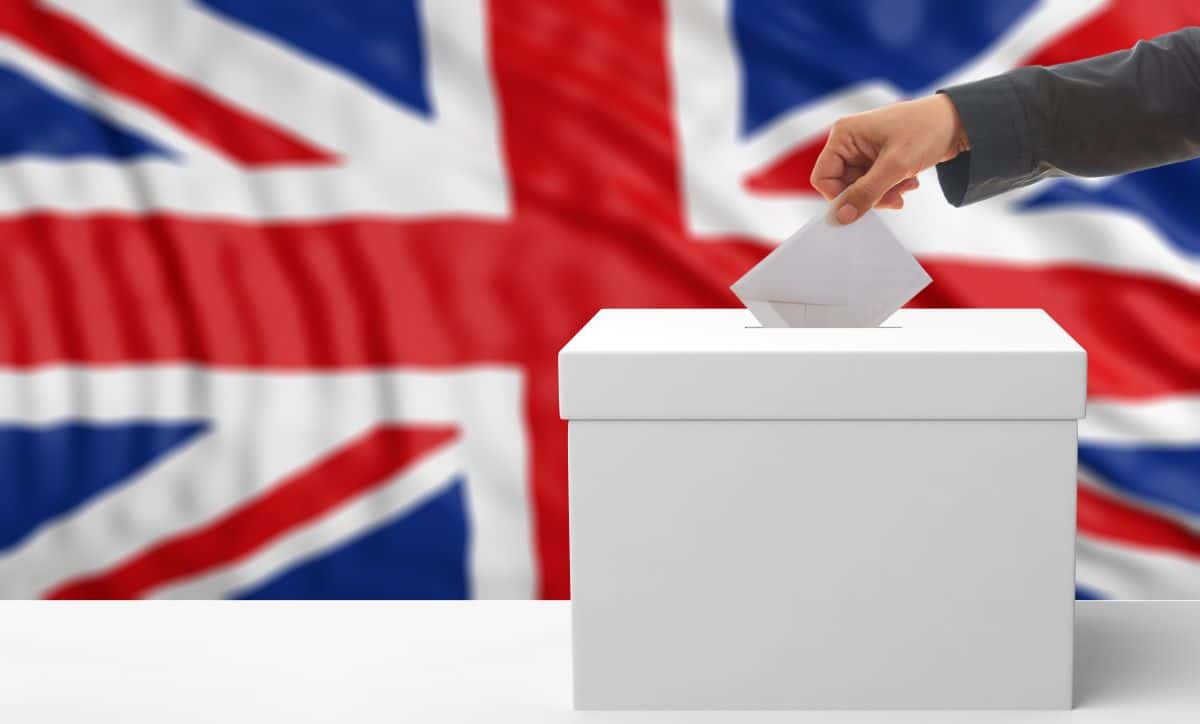Think the next election’s result is certain? Think again. UK polls have a history of being wrong. Here are 20 times UK polls were way off.
1. 1970 General Election

Polls predicted a comfortable Labour victory; however, Edward Heath’s Conservatives won, leading to a major upset and questions about polling accuracy.
2. 1992 General Election
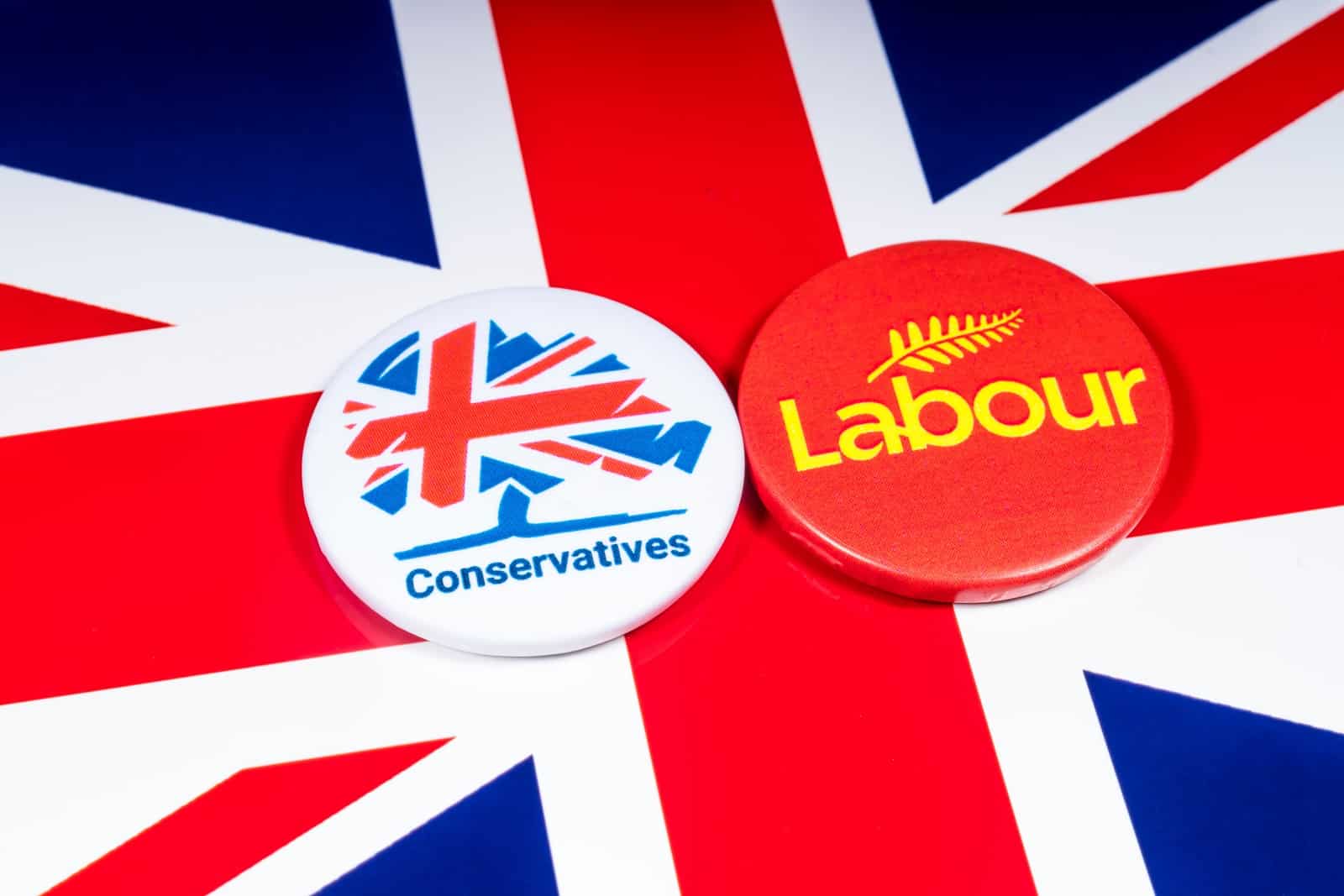
John Major’s Conservative government was expected to lose to Labour. Polls were so far off that this event prompted a major overhaul in polling methods.
3. 2010 General Election
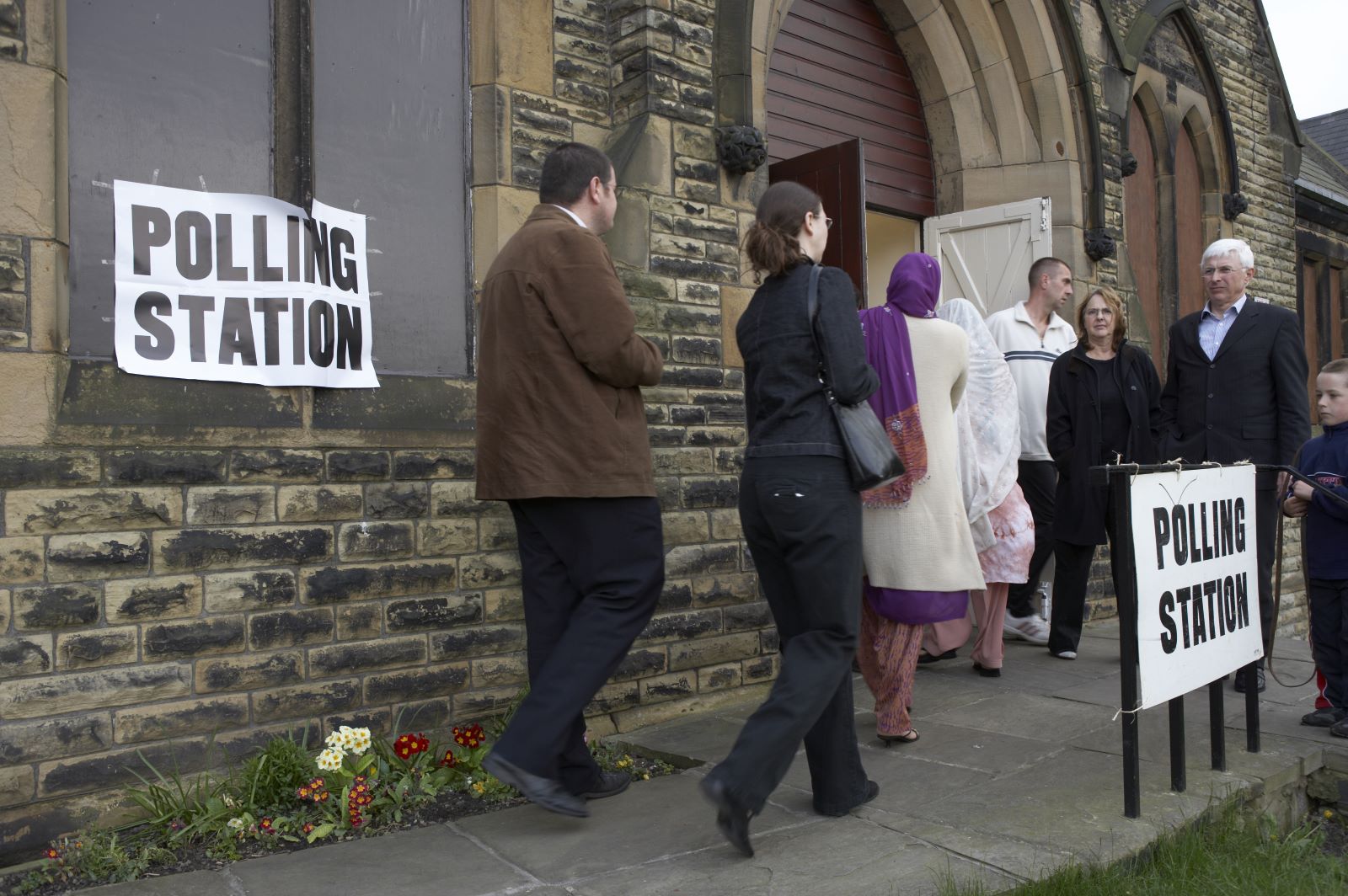
Polls suggested a clear Conservative majority, but the result was a hung parliament, leading to the first coalition government since the Second World War.
4. 2015 General Election
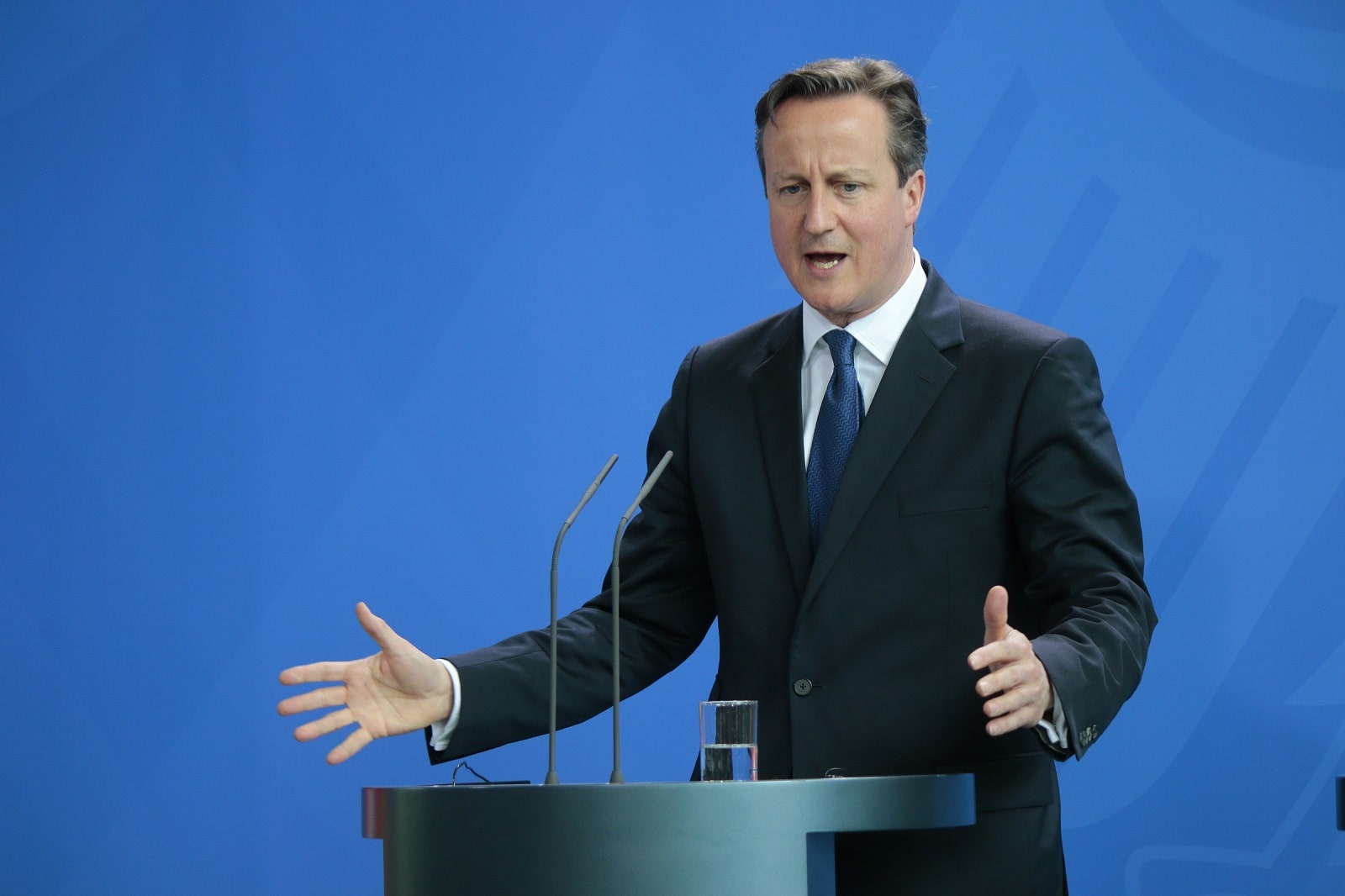
Almost all polls predicted another hung parliament, yet David Cameron’s Conservatives secured a surprising outright majority.
5. Brexit Referendum, 2016

On the eve of the referendum, many polls and bookmakers suggested a narrow victory for Remain. The Leave outcome shocked the world and had profound implications.
6. 2017 General Election
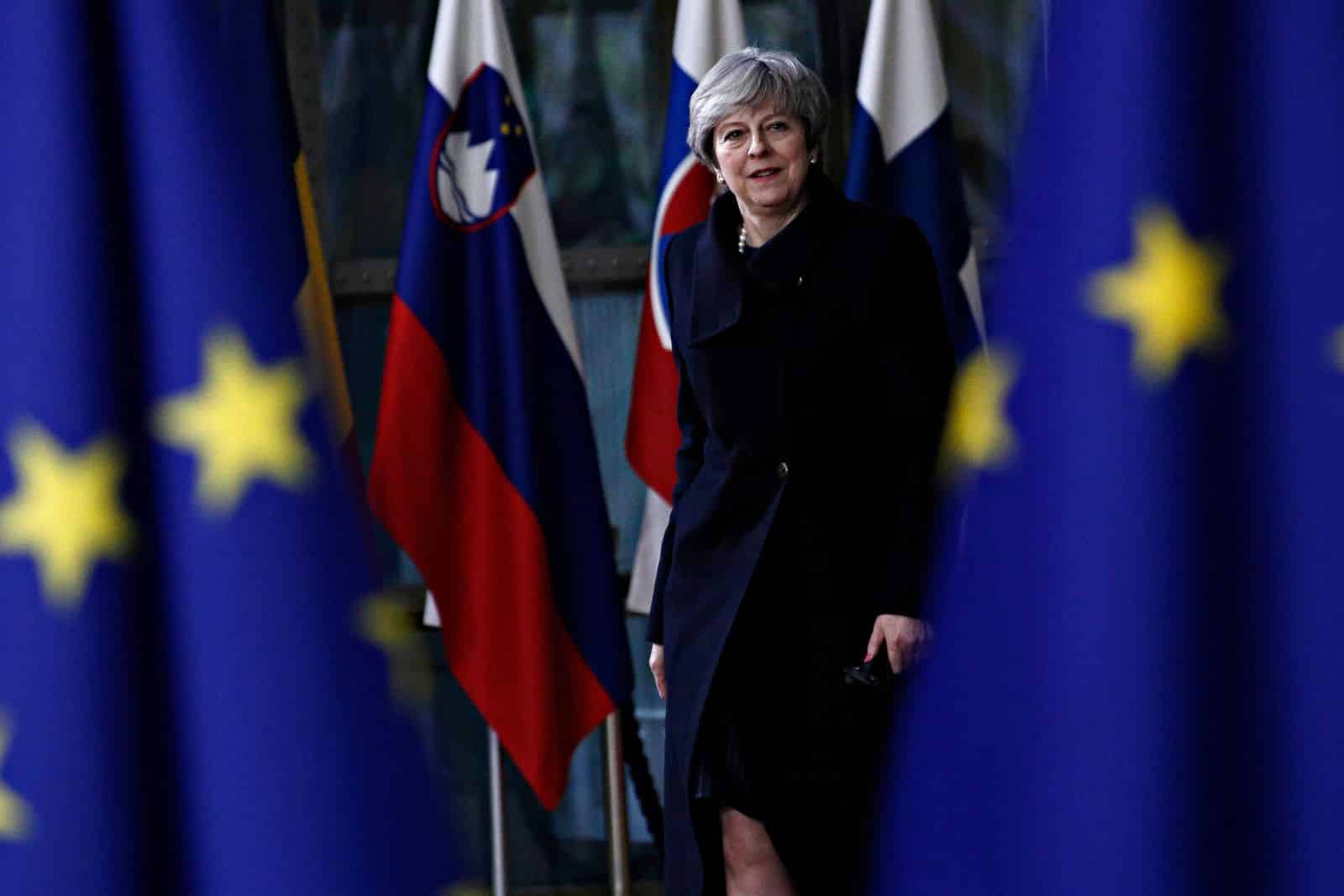
Theresa May called an early election expecting to increase her majority based on strong polling. Instead, she lost her majority, resulting in a weakened government.
7. Scottish Independence Referendum, 2014

While polls increasingly tightened towards the vote, the final outcome for ‘No’ was more decisive than many polls suggested.
8. London Mayoral Election, 2012

Polls predicted a close race between Boris Johnson and Ken Livingstone; however, Johnson won more comfortably than expected.
9. 2004 European Parliament Elections
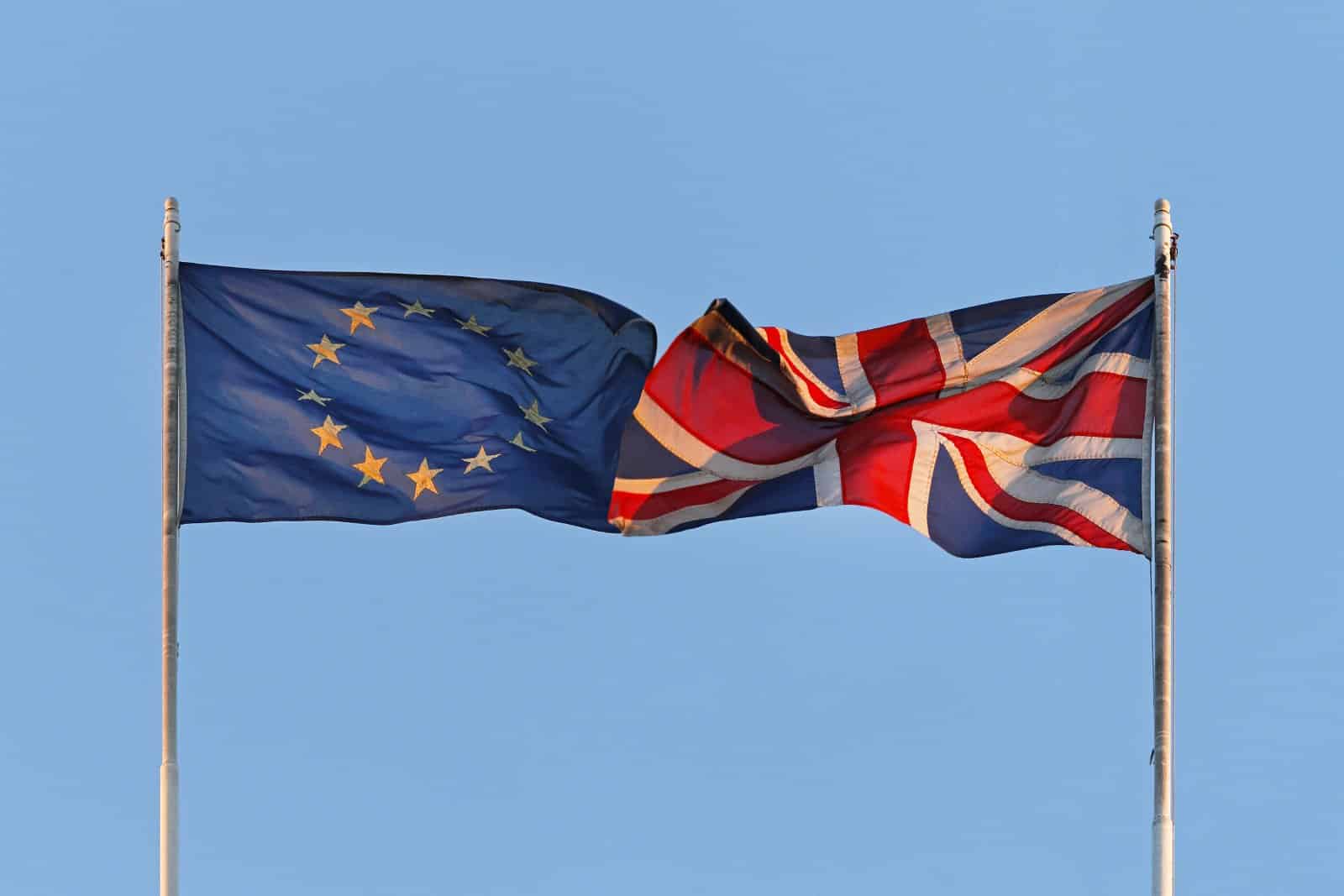
Polls did not anticipate the extent of Labour’s losses, nor the surge for UKIP, marking a significant shift in British politics towards Euroscepticism.
10. 2015 Labour Leadership Election

Jeremy Corbyn’s landslide victory in the Labour leadership contest was not foreseen by most political commentators or polls.
11. 2016 Conservative Leadership Election

After David Cameron’s resignation, polls favoured Boris Johnson or Michael Gove; neither made it to the ballot, with Theresa May becoming PM.
12. 2019 European Parliament Elections

The Brexit Party, led by Nigel Farage, exceeded poll expectations, becoming the single largest party from the UK in the European Parliament.
13. 2019 General Election

Polls underestimated the scale of Boris Johnson’s victory, which provided him with a substantial majority to “get Brexit done.”
14. Liberal Democrats in the 2015 General Election
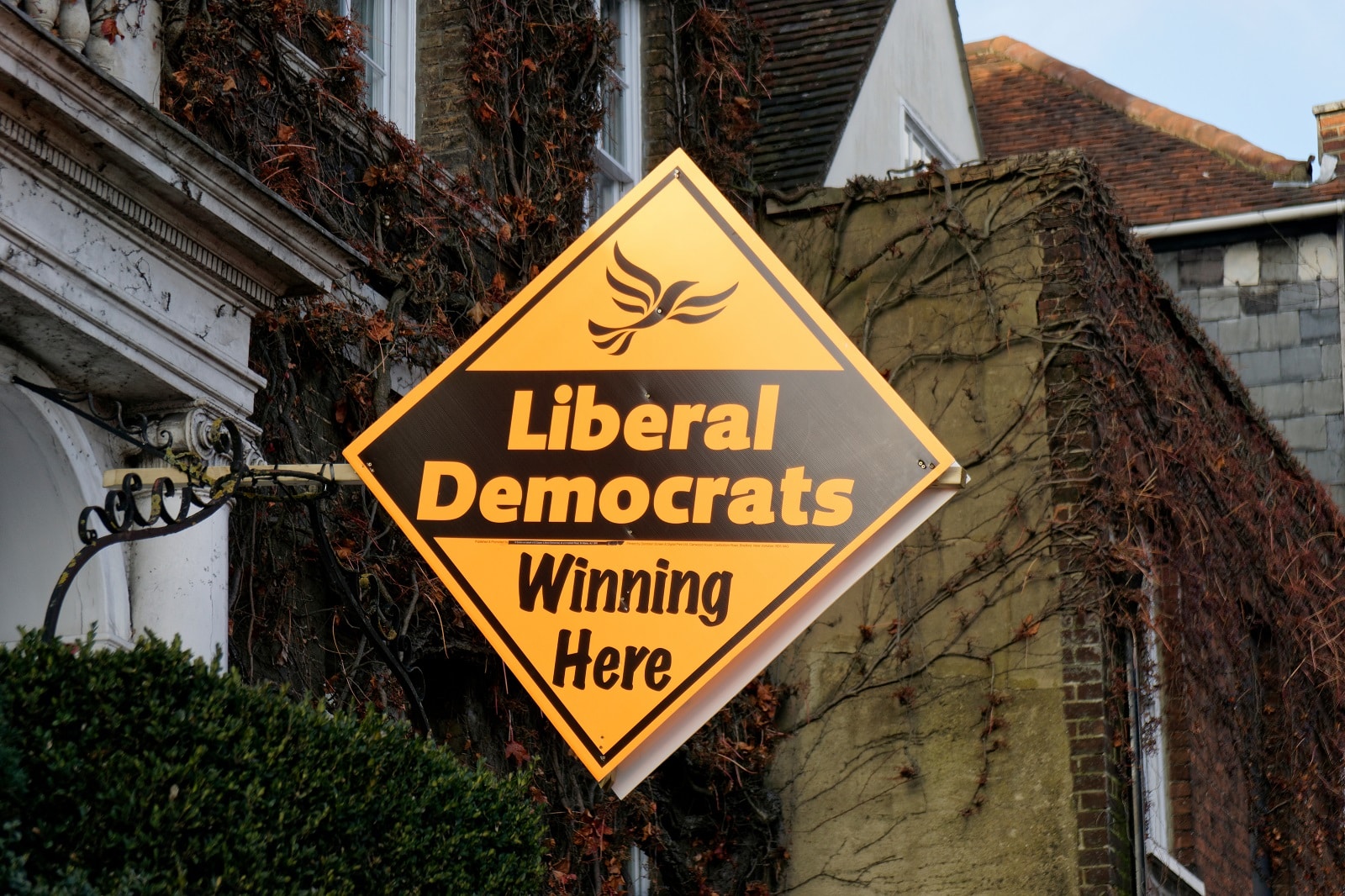
Polls failed to predict the scale of the disaster for the Lib Dems, who were reduced from 57 to just 8 seats.
15. UKIP’s Performance in 2015
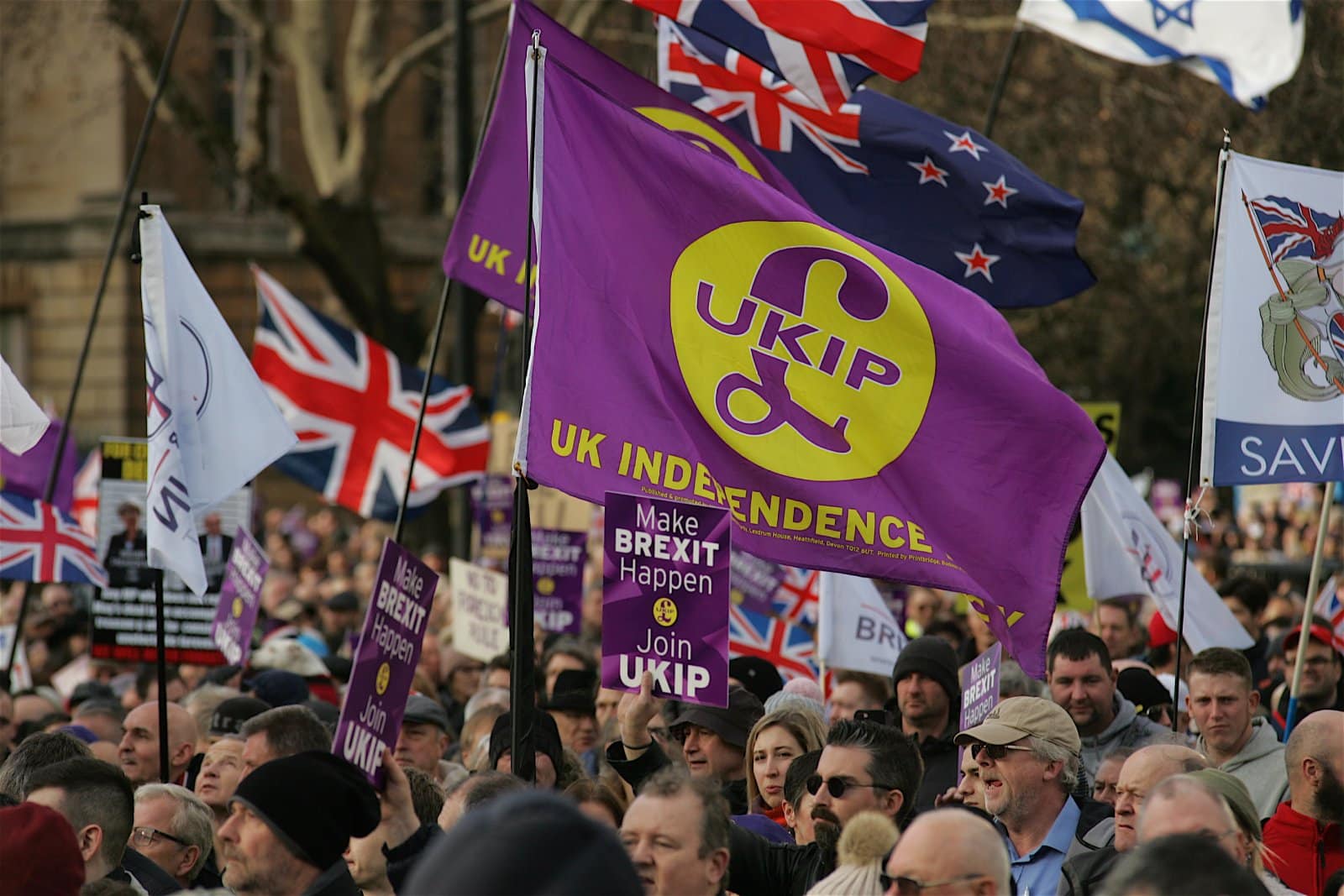
Despite strong polling, UKIP only managed to secure one MP, highlighting discrepancies between vote share and seat allocation.
16. The Rise of the SNP in 2015
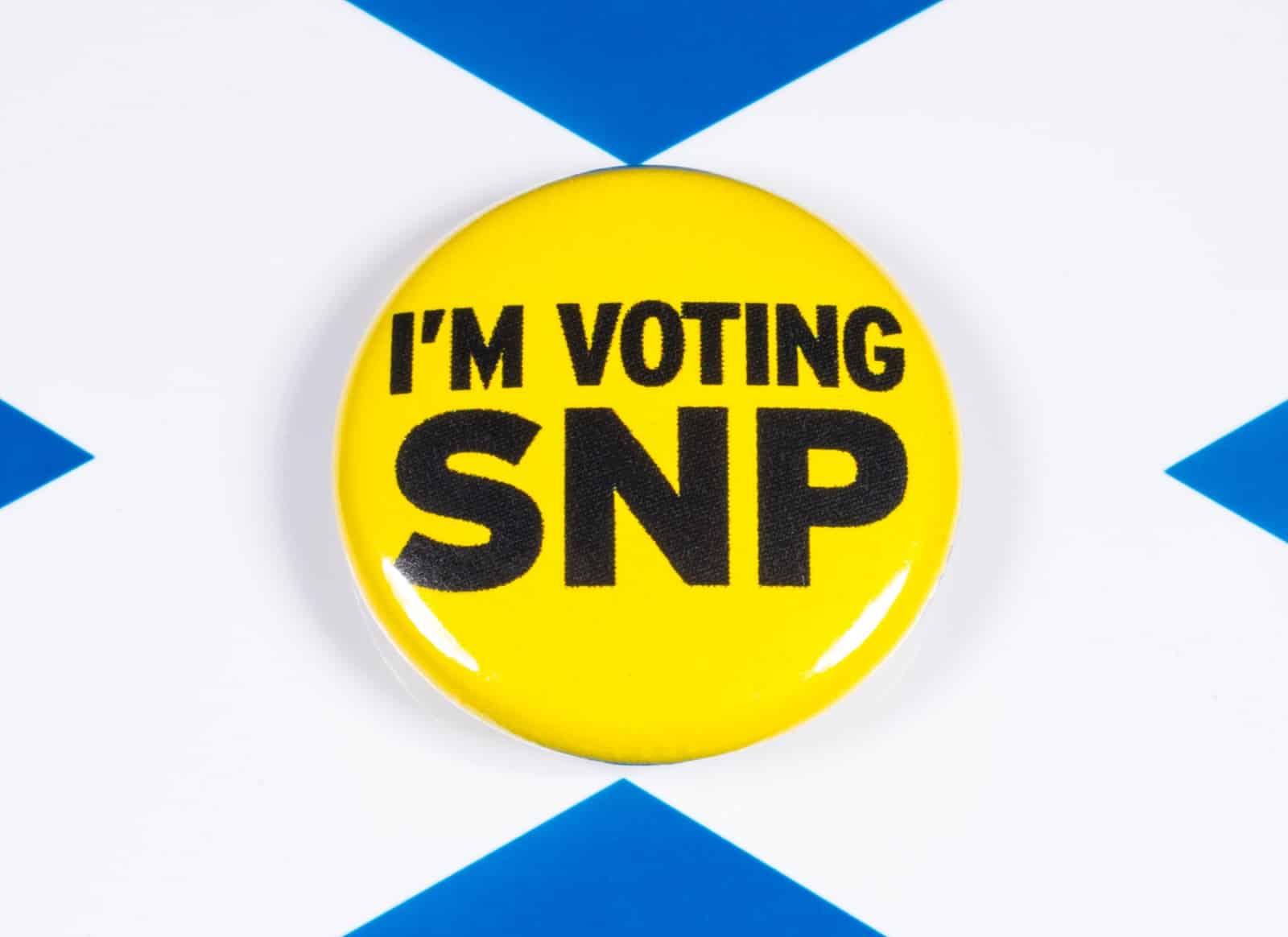
While an SNP surge was expected in Scotland, the scale of their victory, winning 56 of 59 seats, was not well anticipated by polls.
17. 2017 Labour Comeback
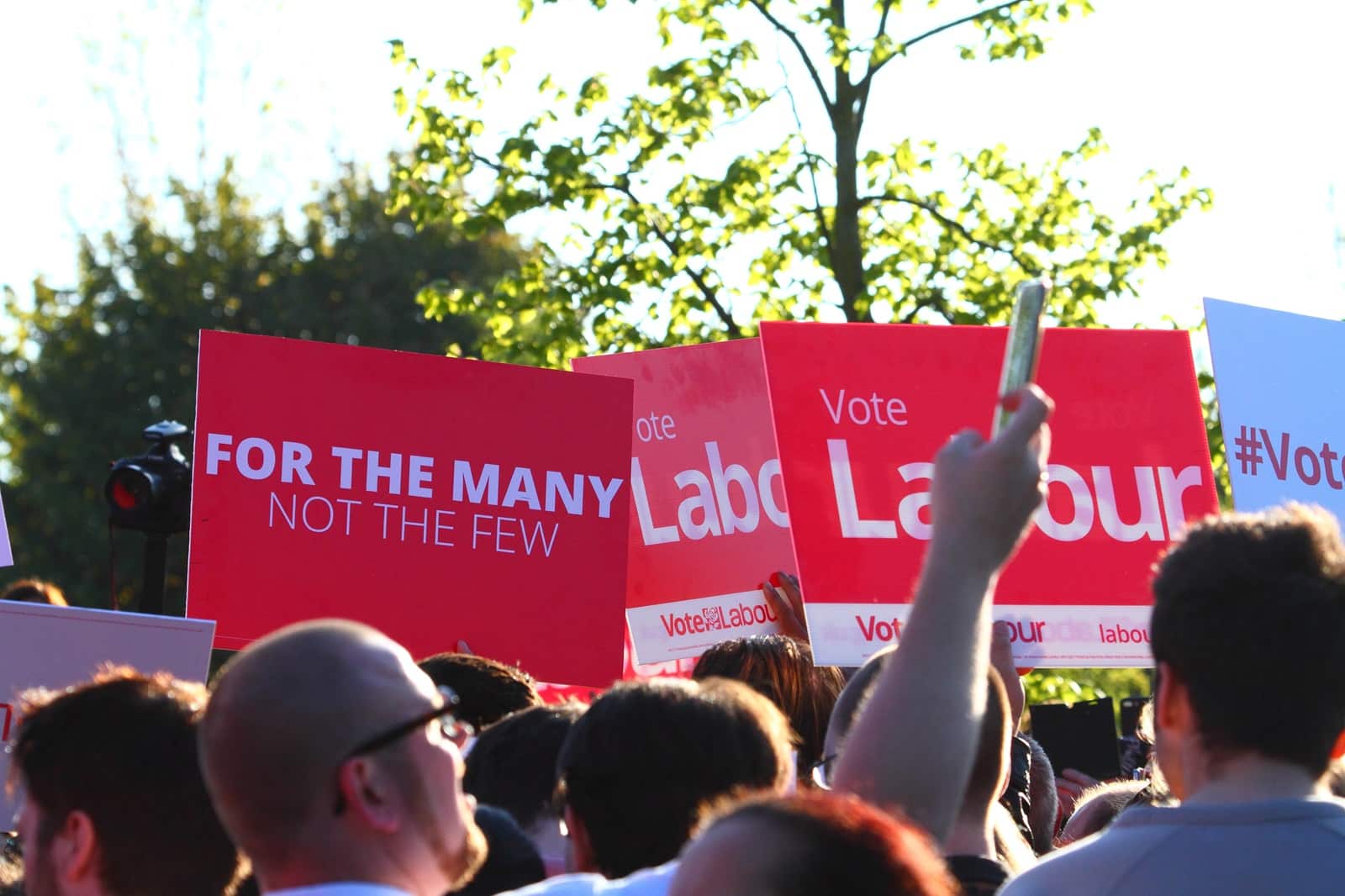
Polls initially predicted a historic defeat for Labour under Jeremy Corbyn; however, they ended up gaining seats and stripping the Tories of their majority.
18. Green Party Surge in 2019

The Greens’ performance in the 2019 European Elections exceeded most poll predictions, reflecting a growing environmental consciousness among voters.
19. 2021 London Mayoral Election

Sadiq Khan was predicted to win easily, yet the margin was narrower than expected, showcasing the challenge of gauging voter sentiment in local elections.
20. Conservative Leadership, 2022

Liz Truss was predicted to bring stability to the Tories; instead, her short tenure was marked by economic turmoil, which led to her resignation after just six weeks.
Beware the Polls
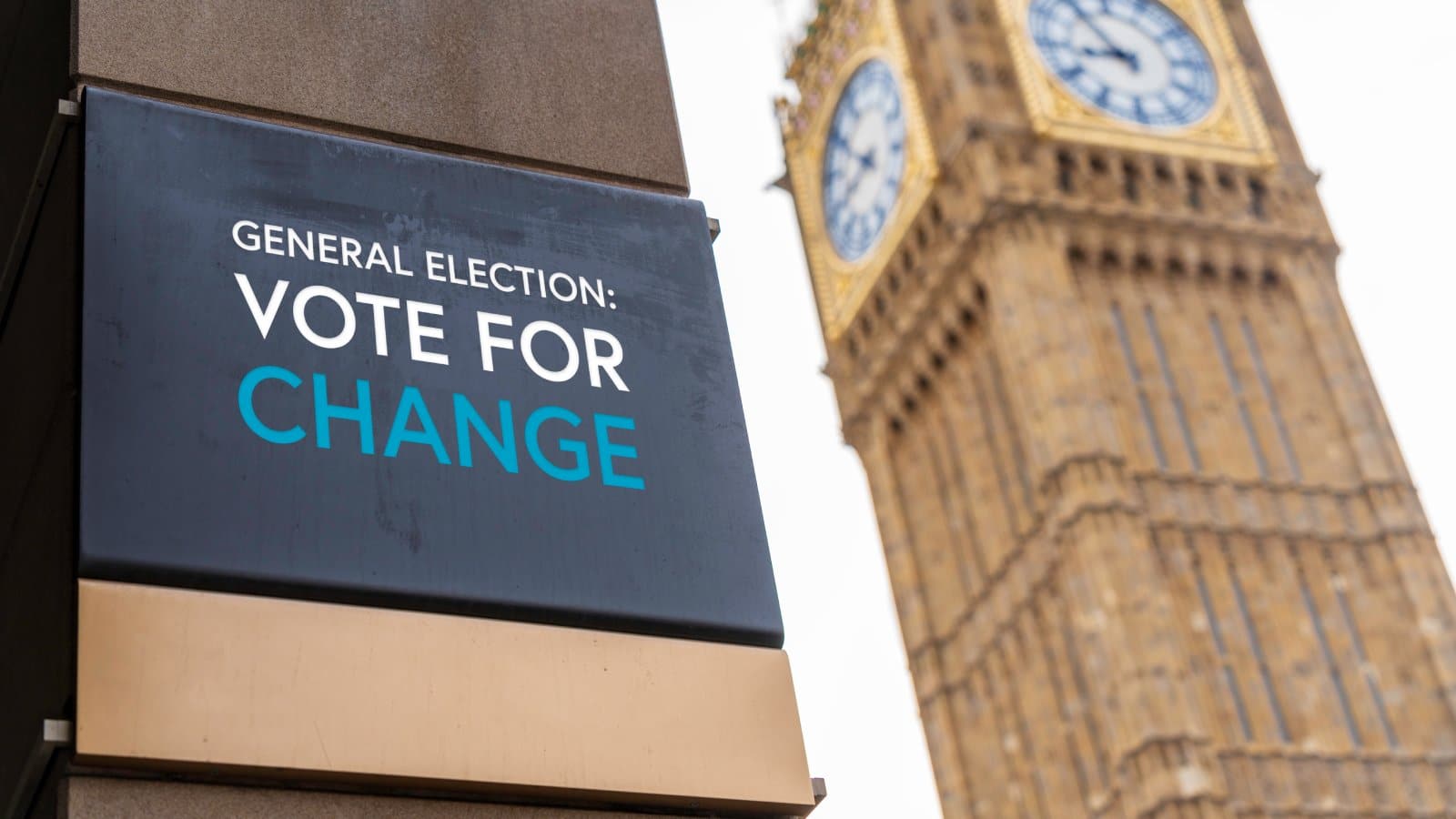
With such a track record, it’s wise to take polling with a grain of salt. As we look towards the next general election, it’s worth asking: could the unexpected happen yet again?
The post 20 Times UK Polls Got It Wrong first appeared on Lists Lovers.
Featured Image Credit: Shutterstock / rawf8.
For transparency, this content was partly developed with AI assistance and carefully curated by an experienced editor to be informative and ensure accuracy.

